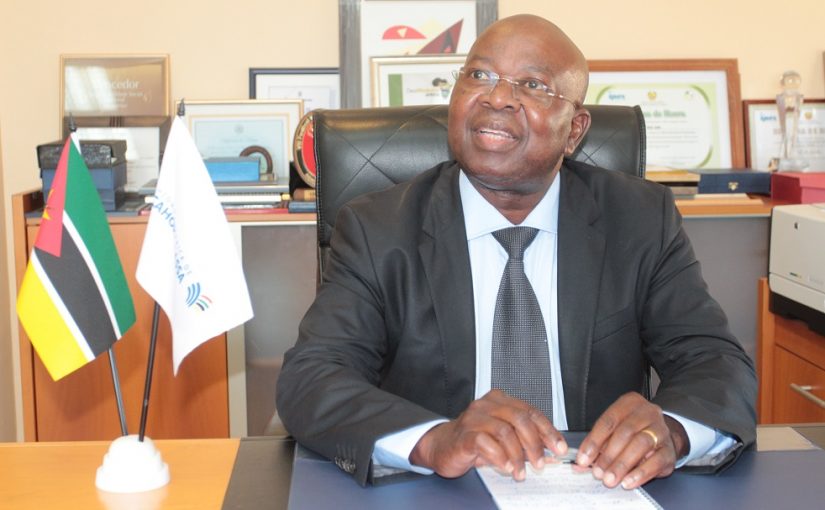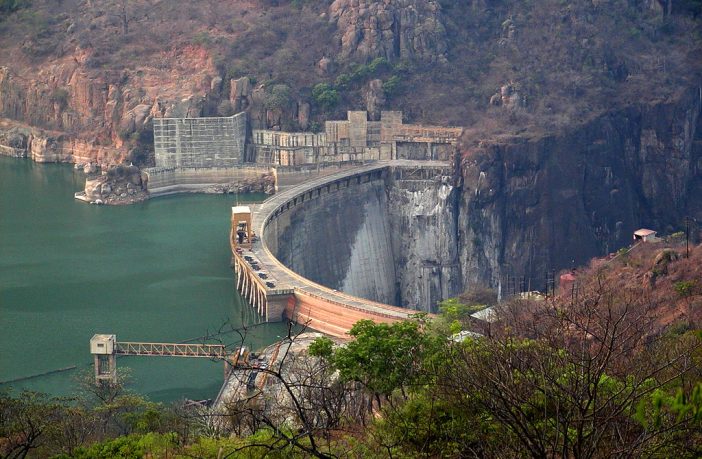- The Cahora Bassa (HCB) hydroelectric scheme will distribute dividends this year of 11 metical cents a share, 73.6% more than distributed in 2020.
- The announcement was made during a presentation of the state-owned company’s accounts for the last year yesterday, approved at a general meeting last Friday.
“In absolute terms, HCB will pay shareholders a total of more than 2.9 billion meticais [€42.2 million] in dividends, including the more than 17,000 new shareholders that joined the shareholder structure with the placement of 4% of the company’s shares through a Public Offering [IPO], in 2019,” it said.
The company recorded an operating result of 11.83 billion meticais (€170 million) compared to the 9.98 billion meticais (€143 million) in2019, representing a growth in the order of 18.5%, and a net result of 9.82 billion meticais (€141 million), 62% higher than the previous year – in line with the data disclosed by Lusa a fortnight ago. Read more

“These results are extremely encouraging and give us the conviction that we are on the right track in valuing what the country and shareholders expect from us as managers of this strategic and key enterprise for the national and regional energy matrix,” commented Mr Boavida Muhambe, HCB Chairman. Image credit: HCB
Related news: Demand for Cahora Bassa shares oversubscribed
Key facility stats:
- Area: 2900 km2
- Max length: 270 km
- Maximum width: 30 km
- Capacity: 52 km2
- Foundation thickness: 21.5 m
- Maximum discharge capacity: 14.000 m3/s
HCB supplies electricity to Mozambique, South Africa and Zimbabwe.
Author: Bryan Groenendaal















